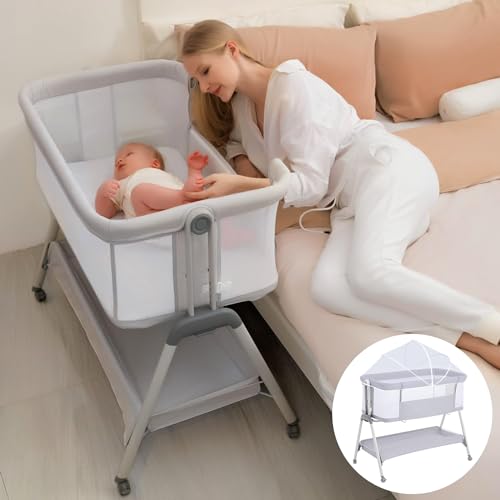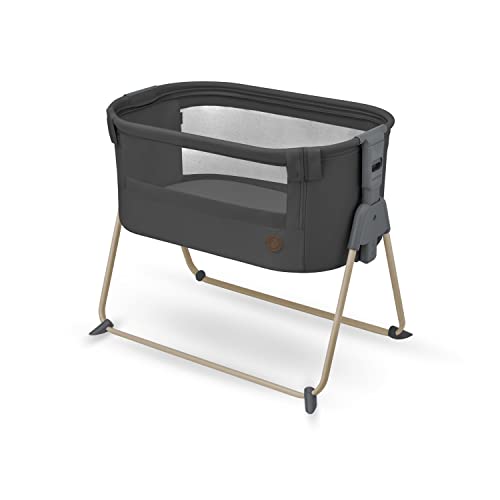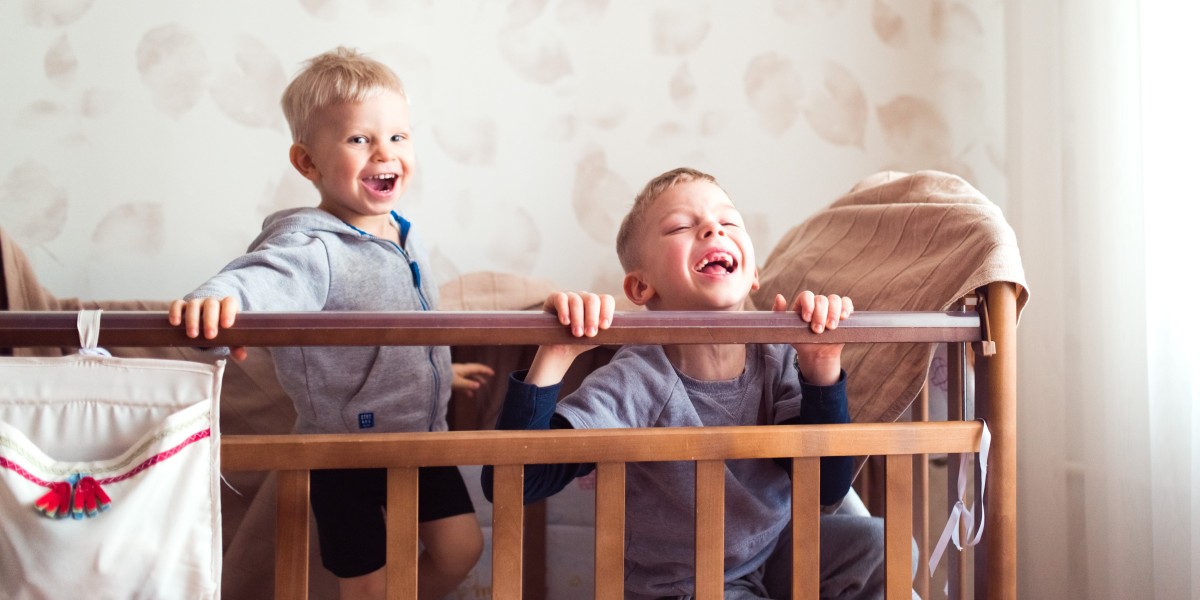 Mortuary Cots are an essential element of funeral homes and hospitals. They permit staff to move bodies safely and respectfully. They offer a respectful, comfortable resting area for the body.
Mortuary Cots are an essential element of funeral homes and hospitals. They permit staff to move bodies safely and respectfully. They offer a respectful, comfortable resting area for the body. COTS items play an essential role in the federal market however they can be difficult to manage. This blog will explore how COTS fit into GSA schedules and other rules for government procurement.
COTS items play an essential role in the federal market however they can be difficult to manage. This blog will explore how COTS fit into GSA schedules and other rules for government procurement.Cost-effectiveness
The use of commercial-off-the-shelf (COTS) products allows procurement agencies to gain efficiencies by purchasing items that are readily available from the marketplace. This reduces the development time as well as life-cycle costs. It also allows procurement agencies to reap the benefits of technological advancements and industry experience.
However it is important to note that COT designations are subjective and different organizations may have different lenses to determine what constitutes an actual COTS item. This could pose a problem for a business that relies on a uniform method to calculate accurate government prices. GPOs and wholesalers for instance, usually have a list that is not identical to the list used by manufacturers to determine prices for government. A well-documented SOP and a COTS reference library are essential elements to implement an efficient and consistent process for assigning COTs.
Reliability
Sale cot is an important purchase for mortuary facilities. It must be durable and durable enough to stand up to heavy use. It should be easy to transport and installed. If there are any problems after purchase the manufacturer should provide excellent customer service. Also, take feedback from your employees prior to making the final decision. They are the actual users of the cots and can provide you with information about its durability and reliability.
Wholesalers and GPOs can assign COT designations that do not match the list of the manufacturer. This is due to a variety of reasons, including changing business models and mergers and acquisitions. This poses challenges to the application of an objective lens to classify COTS.
Durability
The durability of sale cots is vital as they must be able to withstand regular use and transport. These cots are used by many funeral homes to display the remains of deceased persons. They should be able to support the weight of caskets as well as other items. Cots must also be protected against corrosion and possess an easy-to-assemble, sturdy structure. It is essential to select an organization that provides customer service and can help with any issues that could occur after purchasing.
Solid wooden cots are the ideal choice for baby furniture because they're sturdy enough to last and less likely to be contaminated with harmful chemicals or toxic off-gassing unlike composite materials like MDF or chipboard. In addition, they're more appealing than cheaper alternatives.
If you're seeking a cot that can double as a lounger, the Westport model from Silver Cross might be the perfect choice for you. The cot is constructed of an extremely durable material, and it is available in three different levels of height for growing babies. The instructions aren't always clear, but this crib is worth it once you know the rules.
The Helinox Cot One may be the lightest cot available, however, it's not as durable as other models we have test. It's also more difficult to put together, since it comes with a lot of parts. It's a comfortable cot and is a good choice for backpackers. It's also 14 oz lighter than Thermarest Luxury Lite and Sleep Rite.
Safety
If you supply cribs, it is essential that they meet the safety standards. This is an important step to prevent injuries to children and death. This can be done by asking your supplier if their products have been independently tested. Request them to supply you with the results. Alternatively, you can arrange your own testing.
It's crucial to verify the safety of your cot prior to letting your baby sleep in it, whether it's brand new or used. Look for a certificate of compliance from the manufacturer, and explicit labels and warnings. It must also be free of any sharp edges, protrusions, or gaps which could cause injury to the child's leg or finger. In addition, there should be no footholds in the cot a child could use to climb out.
When choosing a cot check that the mattress is flat and clean. It should be able to fit comfortably without any gaps. The bottom edge of the rail should not be higher than 30 mm from the base of the mattress. If the base of the cot is adjustable, ensure it is set to the lowest position.
Also, make sure that the slats and filler bars are firmly fixed and don't have any tiny holes that could trap clothing. Also, there shouldn't be any bolts, nuts, or corner posts that extend more than 5 mm that could catch a child's fingers and cause strangulation. Make sure the cot isn't in close proximity to drapes or blinds that are loose and can easily be pulled off by tiny hands.
Look for a label that states that the cot has passed mandatory tests and is compliant with Australian Standards AS/NZS2172:2003 Cots intended for use in homes Safety requirements. This is the only assurance that the cot is safe and suitable for sleeping. It is unlawful for antique stores, dealers, and second-hand shops to offer antique cots without labels or certificates.
Accidents can occur, despite the fact that most designers and manufacturers do their best to make sure that their products are safe. Older cots used by other children may not meet current safety standards and be a risk of suffocation, foreign body ingestion or strangulation.







